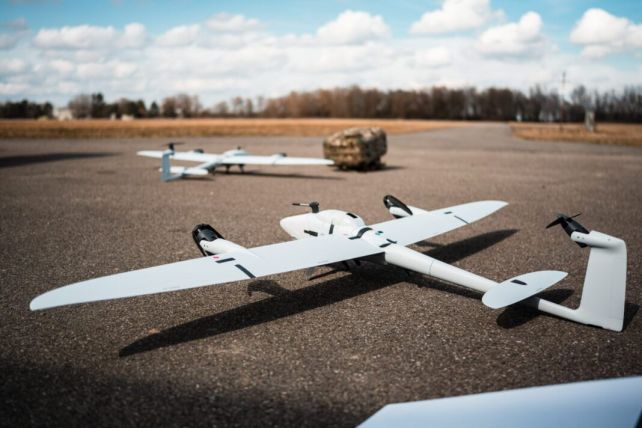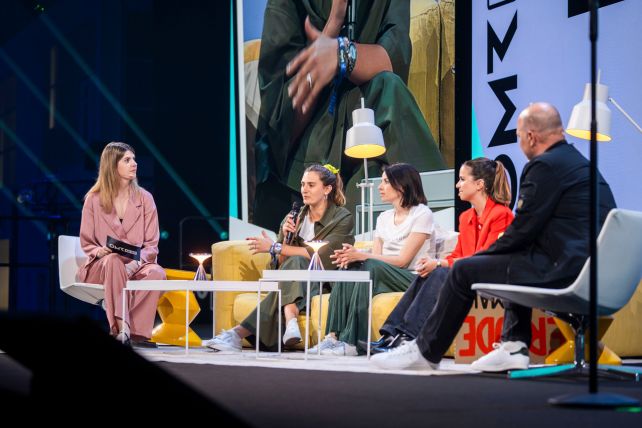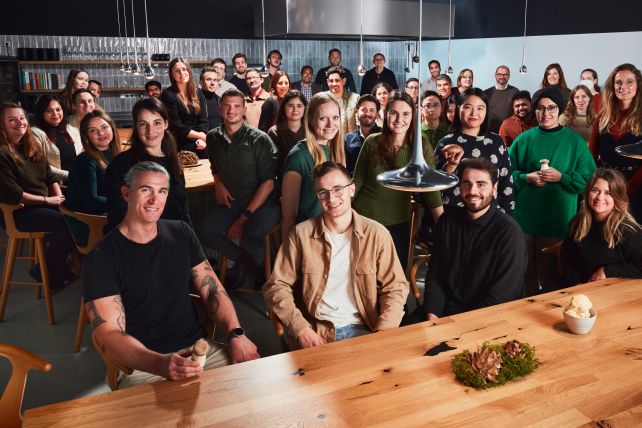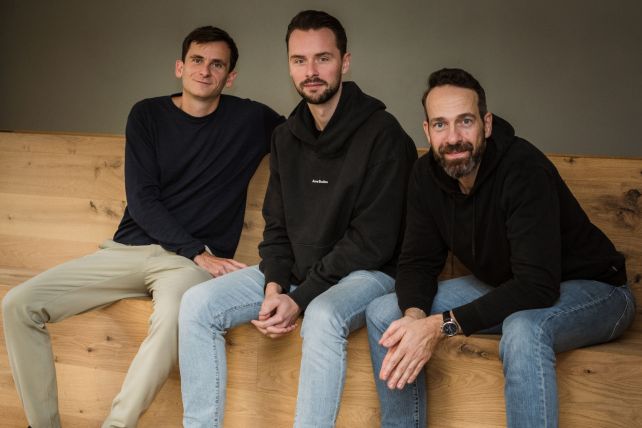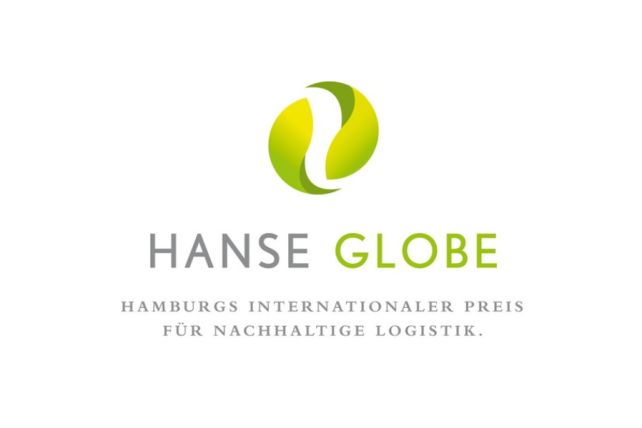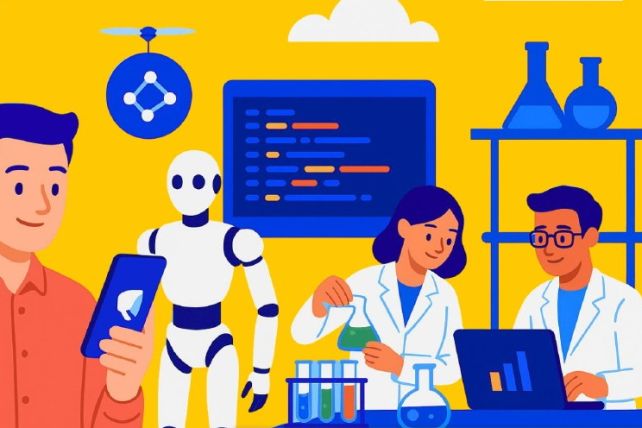The Future Founder Demo Day presented startup visions
Future Founder, the three-month funding programme for potential startup spin-offs from universities in the Hamburg metropolitan region, in its second round once again produced remarkable results. Ten teams qualified and four of them presented their ideas at the final Demo Day - one had even brought along a prototype.
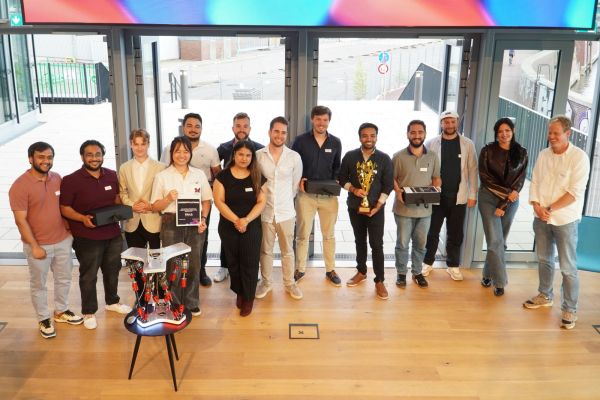
Future Founder is the first project of Impossible Founders
The first Future Founder pitch took place in January 2025 and was the first public project of the Hamburg Startup Factory, which was still a project itself at the time. It is now called Impossible Founders and was officially awarded the contract by the Federal Ministry of Economics a few days ago. So, there was reason to celebrate and a brief preview of what Impossible Founders has planned. These include four incubators and two accelerators, from which a total of up to 90 startups are to benefit.
The Future Founder programme is also being continued. 28 students from five universities took part in the current edition of the programme. 93% are studying a STEM subject and the majority have a migration background. The business ideas ranged from apps for mental health and improving soil quality through fermented organic waste to a supersonic aeroplane. None of these projects has yet become a real company, which is not surprising. After all, most of the teams only came together in their current constellation a few months ago and have had correspondingly little time to realise their concepts.
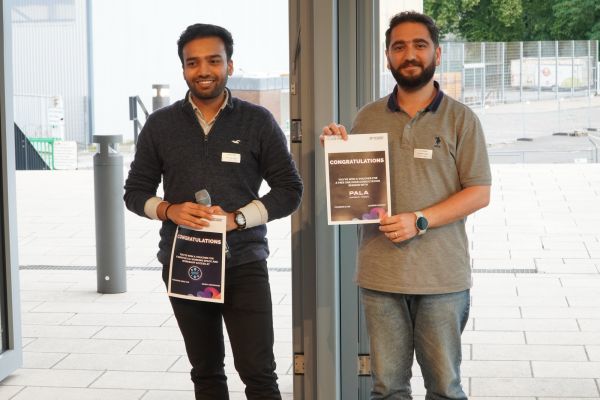
The jury award for better quality control
This also applies to the four proto-startups that were allowed to present themselves to the audience and an expert jury. STRIDANCE kicked things off with a training app for dressage riders. They mainly complete their training rides alone and therefore do not receive any professional feedback. Artificial intelligence is supposed to take over this task. AI is also being used at LUNEXA to make quality control in industrial production faster and more reliable. The current computer-aided visual inspection is still too error-prone. The jury recognised the project's good market potential and named it their winner.
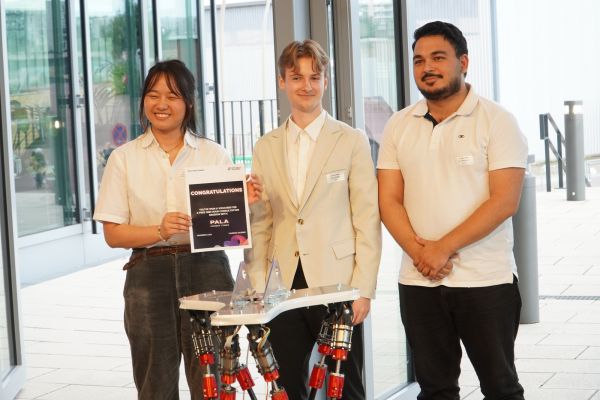
A future construction company wins the audience award
MedBash presented yet another use case for artificial intelligence. Technical devices in medicine are highly complex, as is the authorisation process associated with their commissioning. An AI platform is designed to categorise changes in the legal situation as well as in the technology so that this process runs as smoothly as possible. For once without AI, but with 3D printing and robotics, UNARCHI wants to speed up house construction. The team has already developed a prototype and sees itself as both a hardware manufacturer and a construction company in the future. This vision was well received and won the audience award. It will be interesting to see which of the visions shown will become reality in the future.

